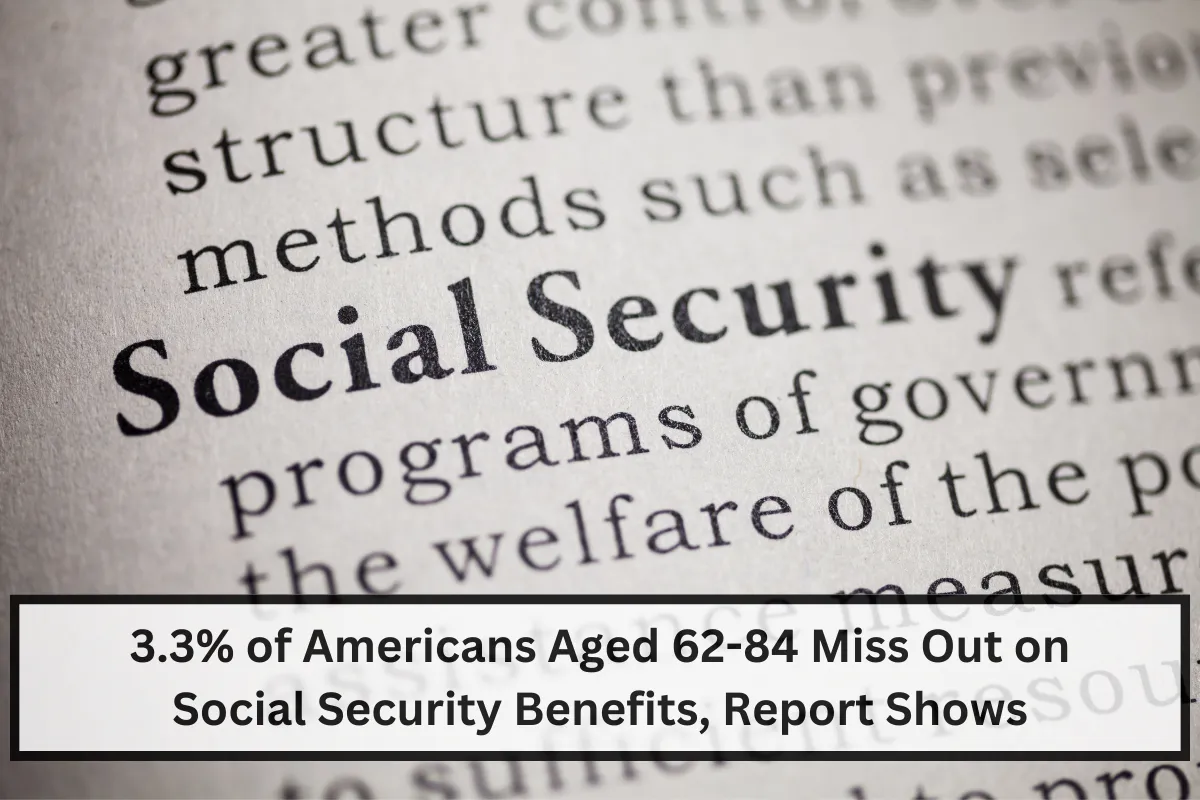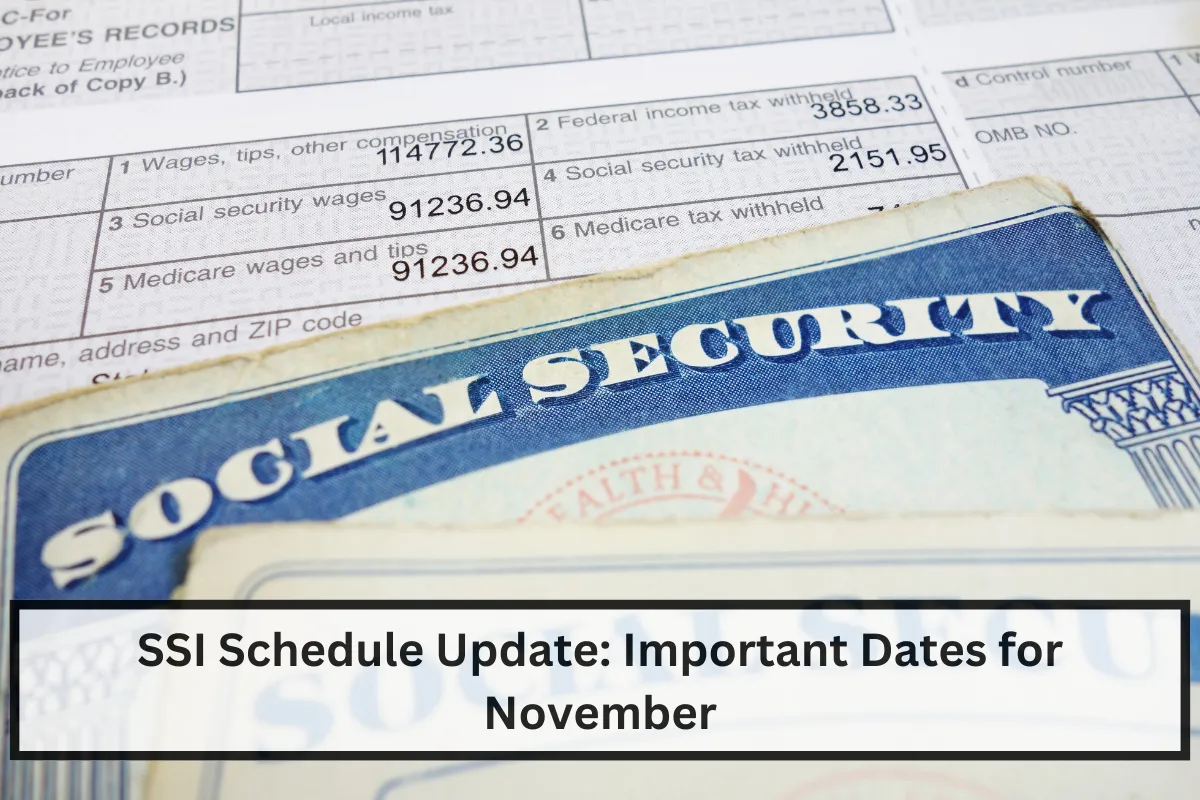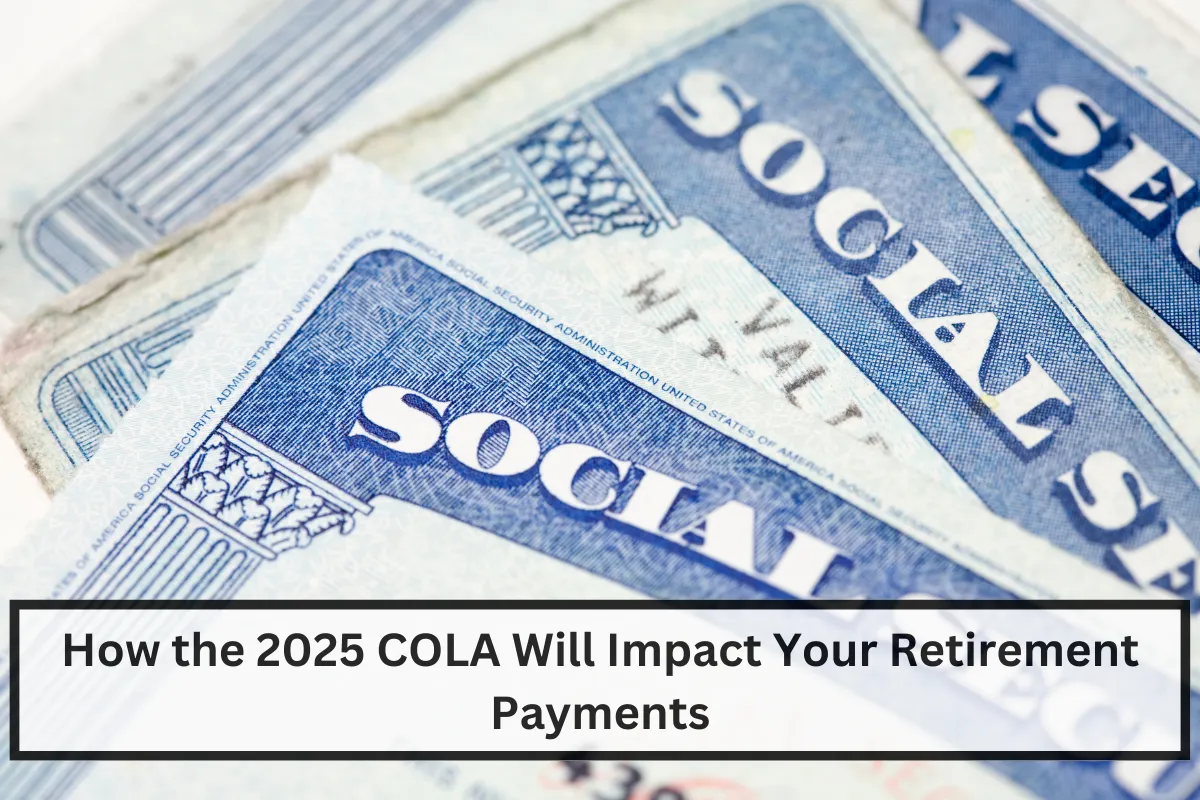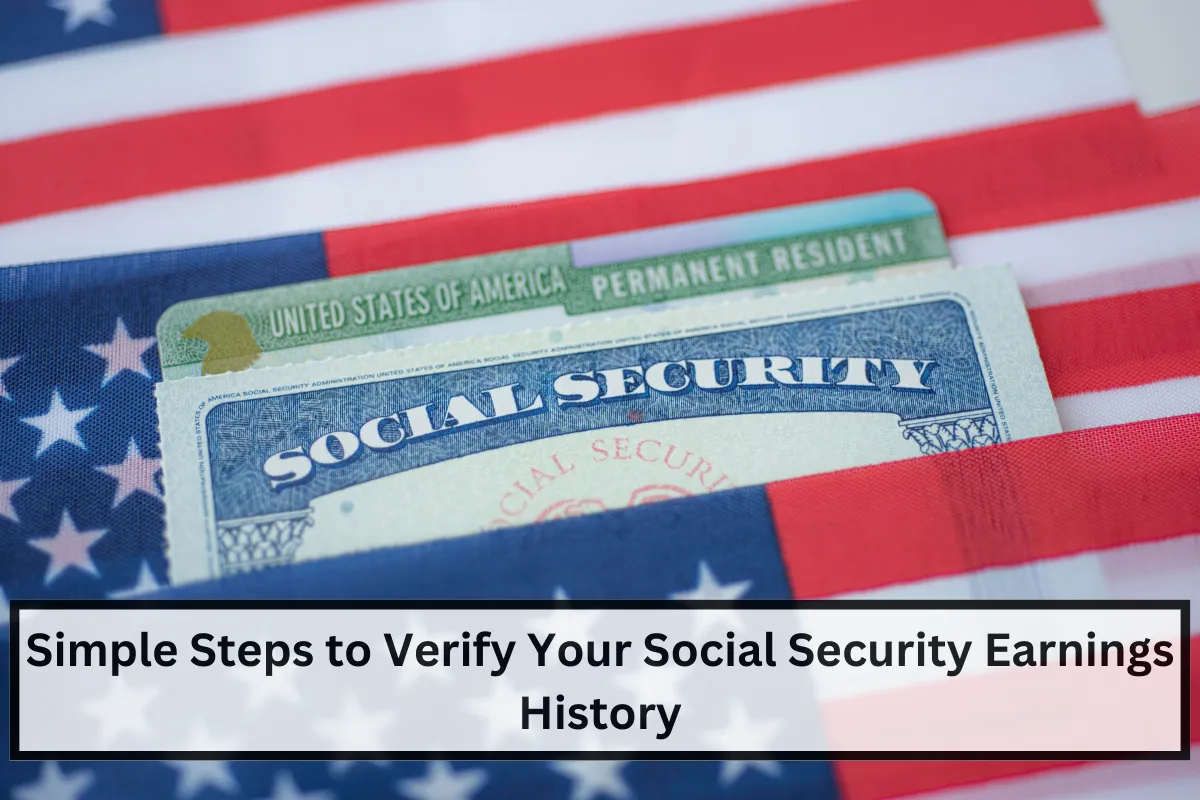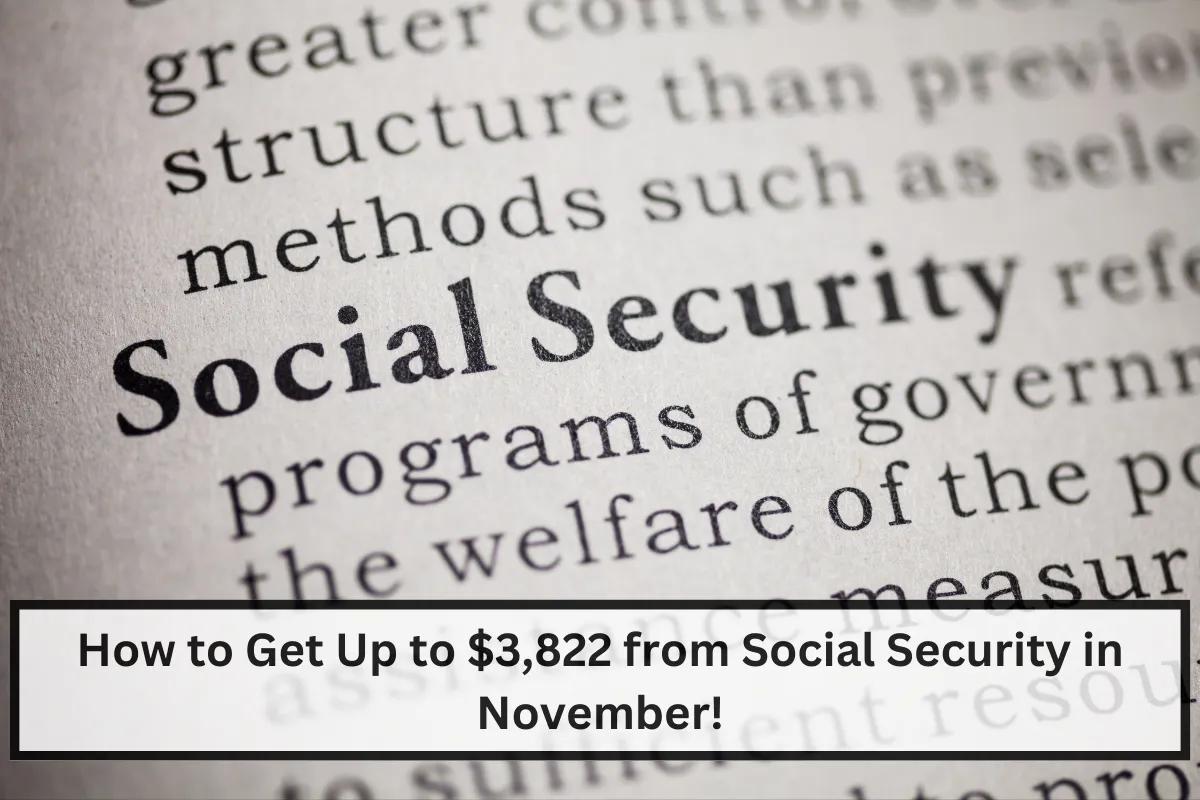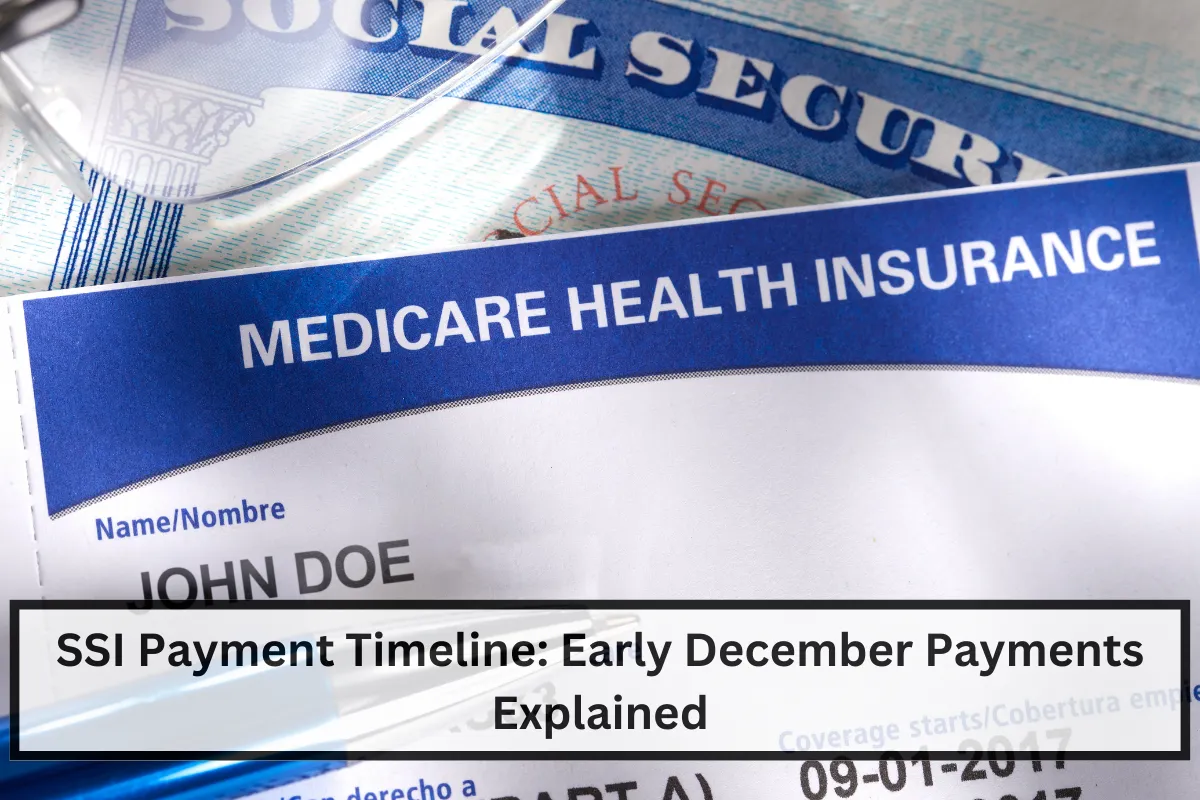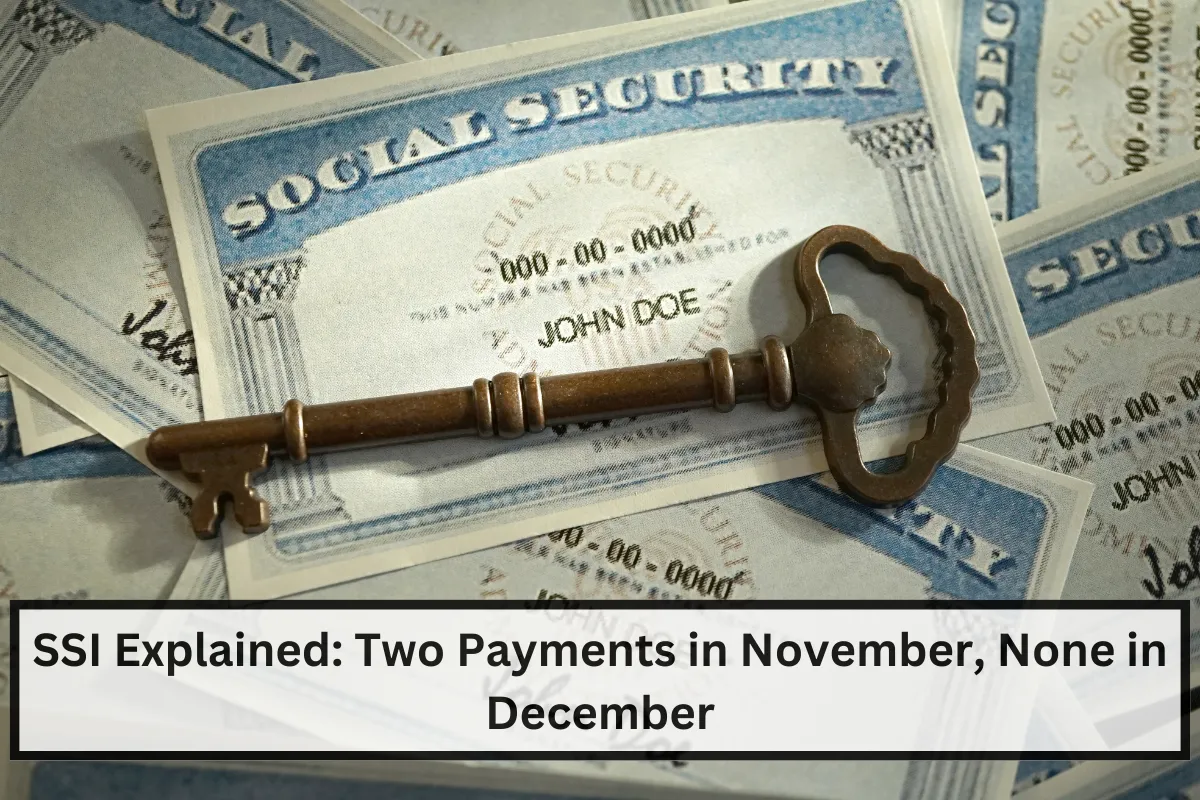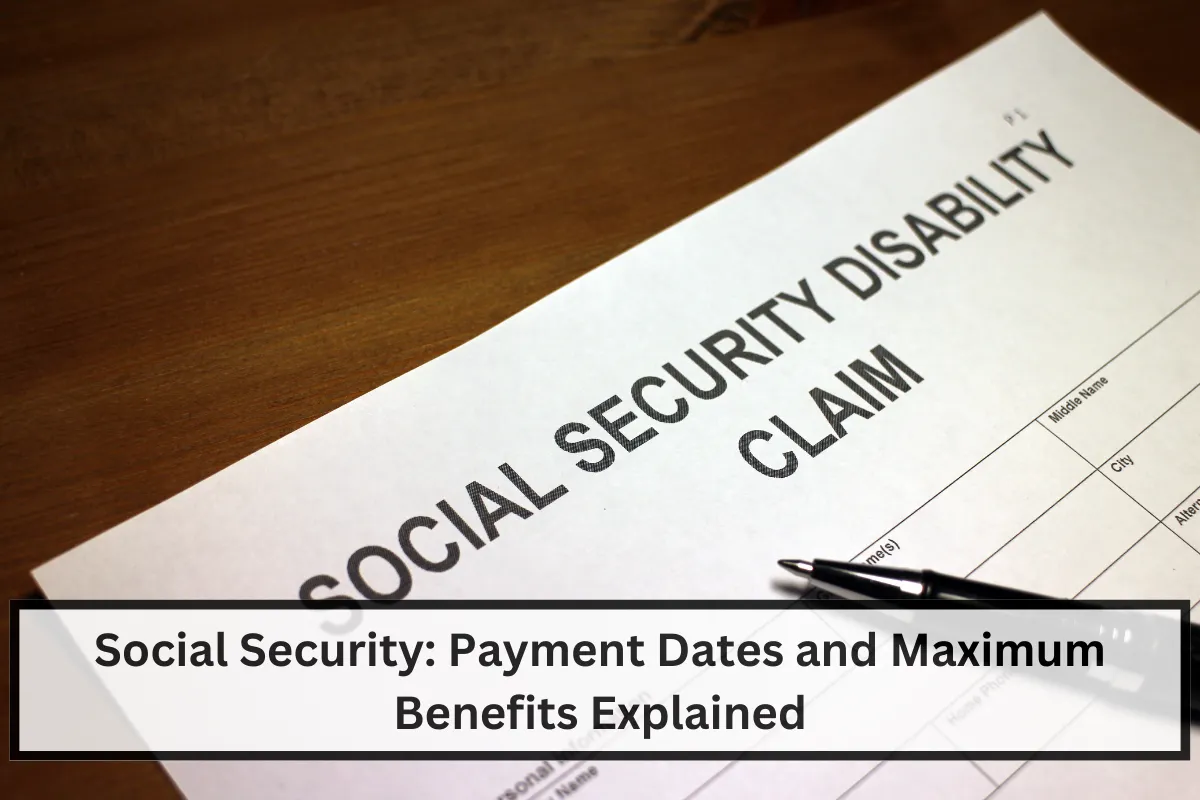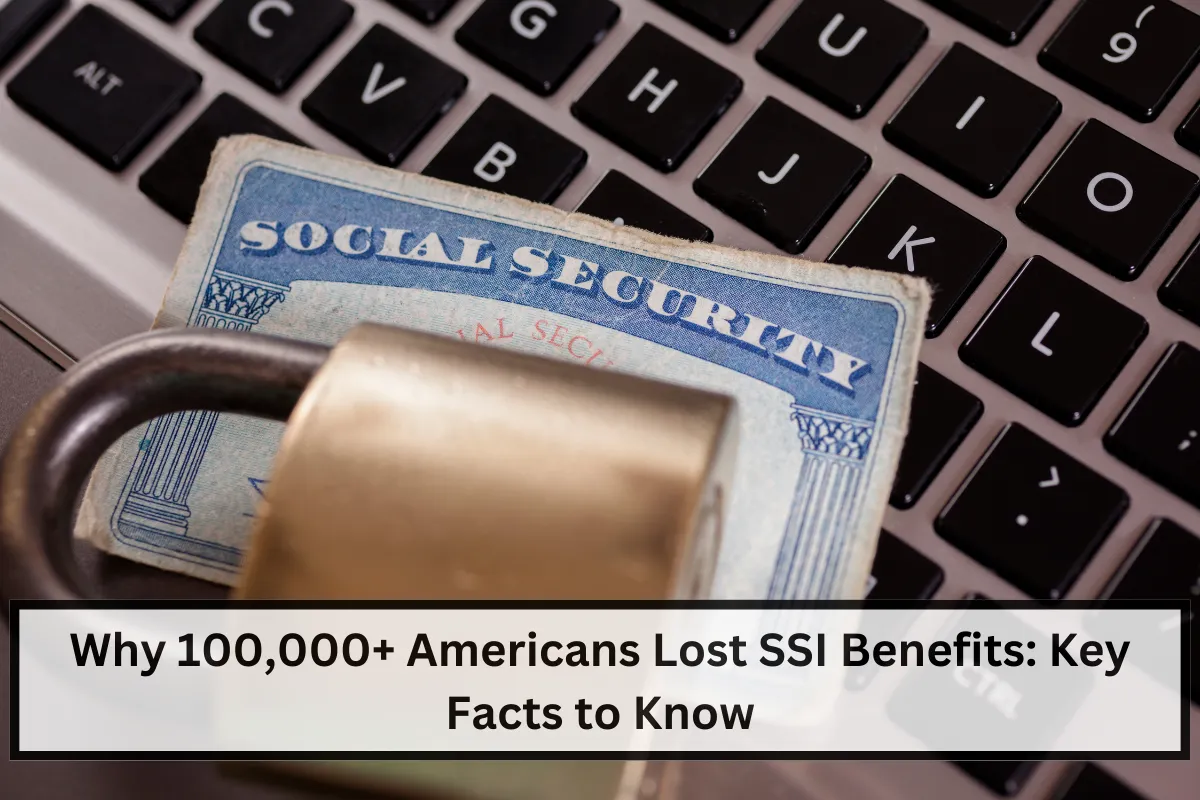Social Security benefits play a key role in helping millions of Americans, especially retirees, maintain financial stability.
However, not everyone has access to these benefits. According to the 2023 Trustees Report, 3.3% of people between the ages of 62 and 84 will never receive Social Security.
This group faces higher poverty rates and unique financial challenges. This article will explore who these individuals are, why they don’t receive benefits, and the struggles they face.
Who Are the People Who Will Never Receive Social Security Benefits?
Based on data from May 2024, certain groups of people are more likely to never receive Social Security benefits. These groups include:
- Women (63%)
- Hispanics (28%)
- Immigrants (49%)
- Never-married individuals (21%)
- Widows (20%)
- People with less than a high school education (36%)
These groups face a number of challenges that prevent them from qualifying for Social Security benefits, such as limited access to work opportunities, lack of education, or being part of the immigrant community.
Types of Workers Who Don’t Receive Social Security
- Infrequent Workers (38.9%): These individuals haven’t worked enough or didn’t accumulate enough work credits, which are required for Social Security eligibility.
- Noncovered Workers (10.8%): Many state and local government employees aren’t covered by the Social Security system. They often rely on other retirement systems.
- Die Before Receiving Benefits (1.3%): Some individuals pass away before reaching the age when they could begin receiving Social Security benefits.
Poverty Rates Among Those Who Never Receive Social Security
The poverty rate among people who never receive Social Security benefits is significantly higher compared to those who do. Here are some key stats:
- 54.3% of never-beneficiaries live in poverty.
- In contrast, only 5.8% of Social Security beneficiaries are in poverty.
This huge difference highlights the challenges faced by people who don’t have access to Social Security and rely on other sources of income to get by.
Income Sources for People Who Never Receive Benefits
People who don’t receive Social Security have to find alternative ways to support themselves. Some of the income sources they rely on include:
- Late-Arriving Immigrants: Immigrants who arrive late often depend heavily on income from other household members.
- Infrequent Workers: Many of these workers rely on Supplemental Security Income (SSI) as a major part of their income.
Both groups typically have lower levels of asset income compared to Social Security recipients.
A Decline in the Number of Never-Beneficiaries Expected
The good news is that the percentage of people who will never receive Social Security benefits is expected to drop in the coming years.
This trend is hopeful because it suggests that changes may be made to improve the Social Security system and ensure more people receive the benefits they need.
Social Security benefits are essential for many Americans, but not everyone has access to them. The 3.3% of people who never receive these benefits face significant financial challenges, with high rates of poverty and limited income sources.
While the future looks slightly better, addressing the gaps in the system will be crucial for supporting those who need help the most.
Why do some people never receive Social Security benefits?
People may not qualify for Social Security if they haven’t worked enough, are government employees not covered by Social Security, or if they pass away before reaching retirement age.
What is the poverty rate for those who don’t receive Social Security?
Over 54% of people who don’t receive Social Security live in poverty, compared to only 5.8% of people who do receive it.
Which groups are most affected by not receiving Social Security?
Women, Hispanics, immigrants, and those with low education levels are more likely to never receive Social Security benefits.
How do people without Social Security benefits support themselves?
Many rely on alternative income sources, such as family members’ earnings or Supplemental Security Income (SSI).
Will the number of people not receiving Social Security benefits decrease?
Yes, it is expected that fewer people will miss out on Social Security benefits in the future as the system improves.

